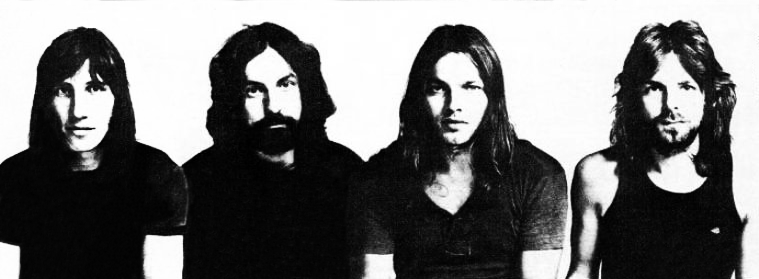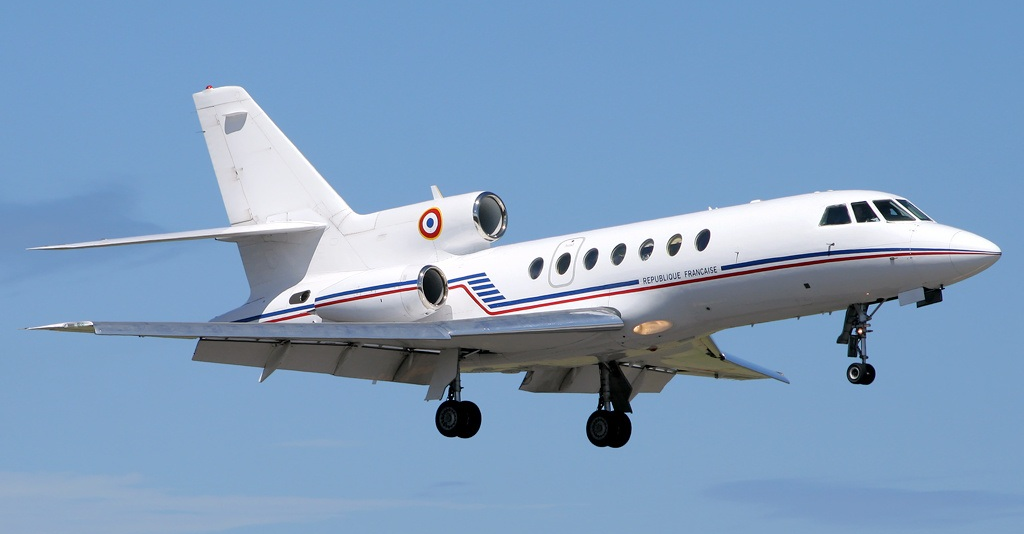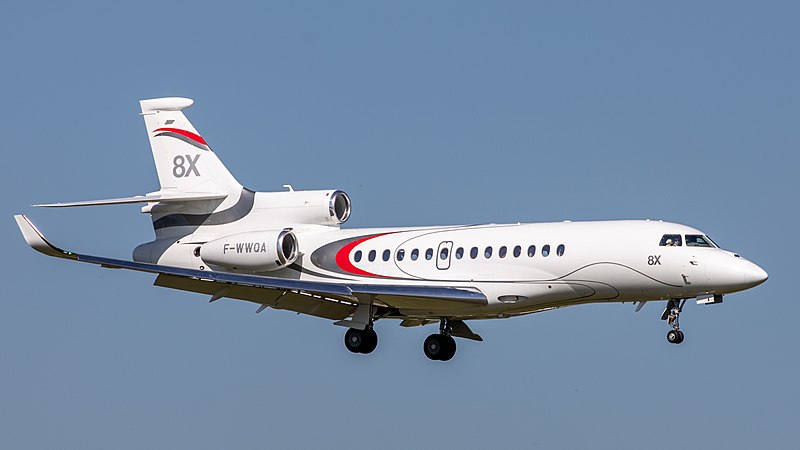The Hi-Fidelity first-class traveling set. Pink Floyd’s “Money”
The business aviation and the private jet industry is one of luxury, exclusivity, and, most importantly, convenience. These themes resonate well with the spirit captured in Pink Floyd’s iconic song “Money” from their sonic blockbuster 1973 album “The Dark Side of the Moon.” The song’s lyrics provide a satirical take on the pursuit of wealth and materialism, with a particular line standing out for those intrigued by the allure of private jets: “I’m in the hi-fidelity first class traveling set, And I think I need a Learjet.”
Despite its unusual time signature, the opening bass riff of Pink Floyd’s “Money” is simple and catchy, much like the seamless and seemingly effortless experience of traveling by private jet. This experience, however, belies the complex logistics and expert coordination that operate behind the scenes. The bass’s clean, prominent, and slightly gritty sound is akin to a private jet’s pristine yet assertive presence, which commands attention and respect wherever it lands.
“Learjet,” mentioned explicitly in “Money,” has long been a symbol of speed, luxury, and success, synonymous with the jet-set lifestyle, offering high performance and luxury. Introduced in the 1960s, it quickly became a favorite of the Hollywood elite.
As members of the Rat Pack, Frank Sinatra and Dean Martin were part of the elite Hollywood circle that embraced the luxury and convenience of private jets. The King of Rock’ n’ Roll, Elvis Presley, owned several private jets, including a Learjet, part of his luxurious lifestyle. Danny Kaye, The renowned actor and comedian, was also an avid pilot and owned a Learjet. Professional golfer Arnold Palmer was known for his love of flying and owned a Learjet, which he often used to travel to tournaments. These stars didn’t just see the Learjet as a means of travel but a statement of success, a testament to their place in the “hi-fidelity first class traveling set.”
“Money” encapsulates the ultimate dream of luxury travel - not just first-class, but owning or flying on a private jet. In the business world, time is money, and commercial air travel, with its inherent delays and inconveniences, often doesn’t fit the bill for high-powered executives and entrepreneurs.
Private jets are the epitome of luxury. They boast the finest interiors, surpassing the most exclusive first-class commercial offerings. Passengers enjoy gourmet meals, spacious suites, and a level of comfort tailored to their needs, transforming travel into an indulgent experience.
The private jet industry, as depicted through the lens of “Money,” is not just about the opulence and exclusivity it offers. It’s about the efficiency, privacy, and comfort that cater to those for whom time is the ultimate luxury. It’s a world where business and pleasure blend seamlessly, allowing the elite to travel in style, conduct business discreetly, and enjoy unparalleled comfort and service.
For the business and entertainment elite, time is a precious commodity. Private jets cater to this need by offering direct flights to destinations, often utilizing smaller airports closer to final destinations. This significantly reduces travel time and eliminates the inconvenience of layovers, embodying the “hi-fidelity first class traveling set” who prioritize their time and comfort above all else.
Privacy and security are paramount in the world of private travel. High-profile individuals can conduct meetings or travel discreetly, away from the public eye. This level of exclusivity and safety is a cornerstone of the private jet experience, justifying its premium nature for those who seek the utmost in privacy and security.
While the song “Money” critiques the greed and materialism in society, it also inadvertently highlights the economic and social divide. The private jet industry is indeed a hit among the wealthy, clearly indicating financial status. It’s a world apart from the reality of most, accessible only to the elite who can afford the luxury of saying, “Keep your hands off of my stack.” and "Grab that cash with both hands and make a stash".
However, it’s not just about lavishness and exclusivity. The industry also contributes significantly to the economy, creating manufacturing, operation, and maintenance jobs while supporting the business activities of those who use these jets.
It’s poignant to note that the Learjet, once the pinnacle of private aviation, ceased production in 2021. This end of an era marks a significant moment in aviation history, reflecting the ever-evolving nature of technology and luxury. The Learjet’s legacy, however, continues to soar in the memories of its passengers and the annals of aviation history, symbolizing a time when to fly was not just to travel but to make a statement about one’s place in the world.
Pink Floyd’s “Money” might not have been written as an anthem for the private jet industry. Still, its lyrics beautifully articulate the aspirations and exclusivity associated with luxury travel in business aviation. The song remains a cultural touchstone, reminding us of the allure of wealth and the ultimate luxury it can buy – in this case, a seat on a Learjet, far above the clouds and the complications of ordinary life.
As the industry continues to evolve with advancements in technology and sustainability, the essence of luxury and efficiency remains unchanged, much like the timeless appeal of “Money.”


